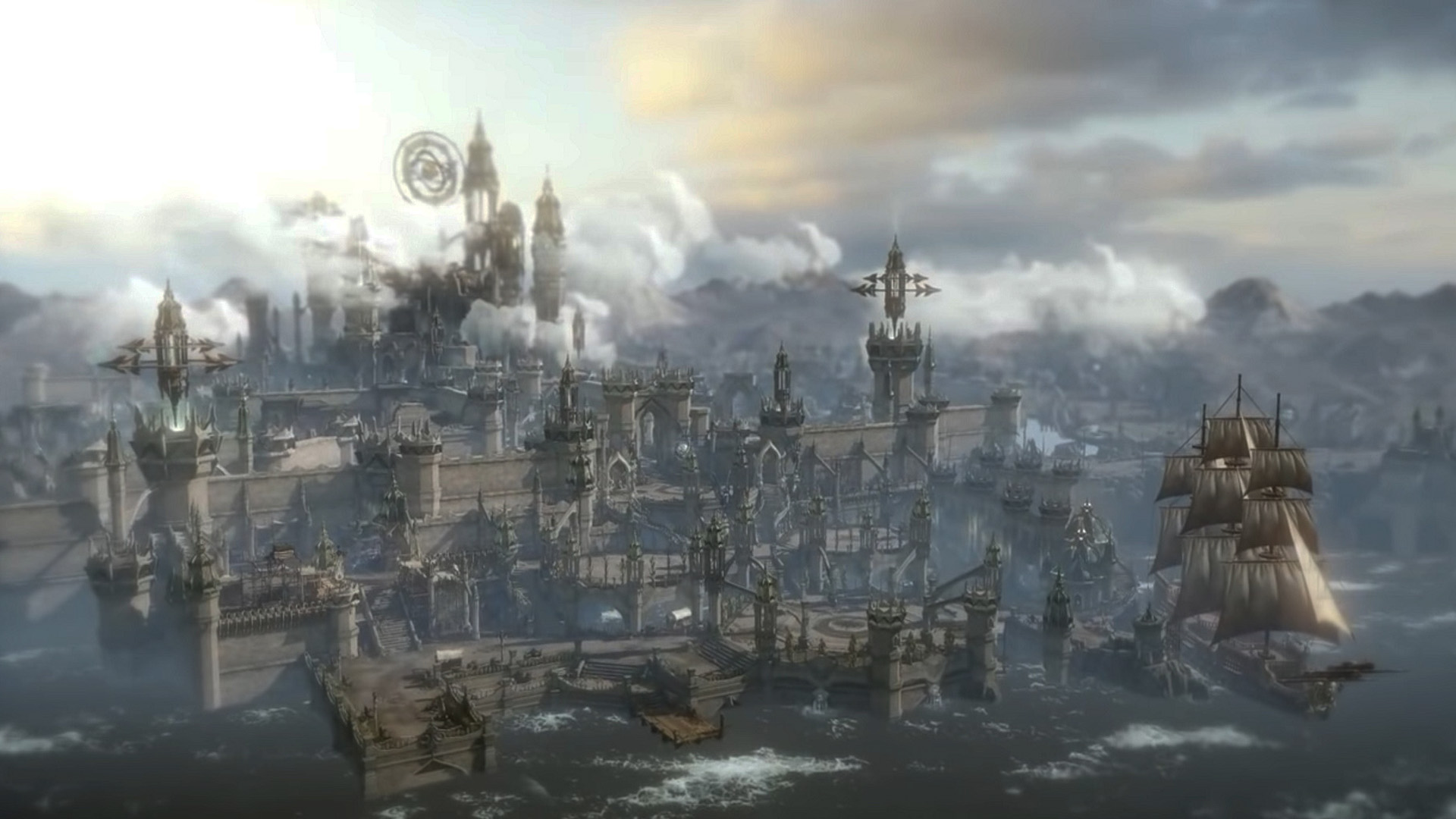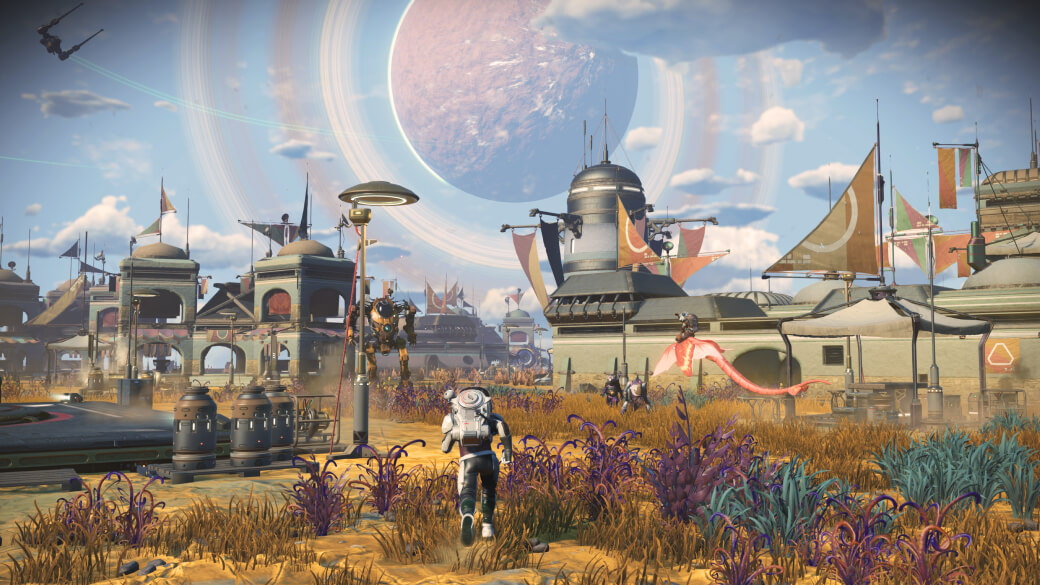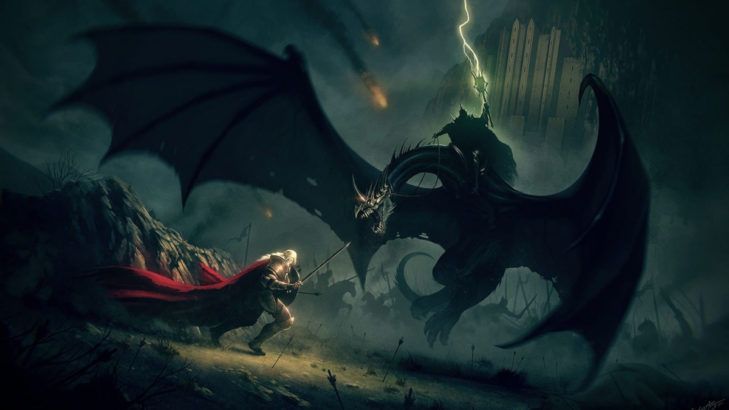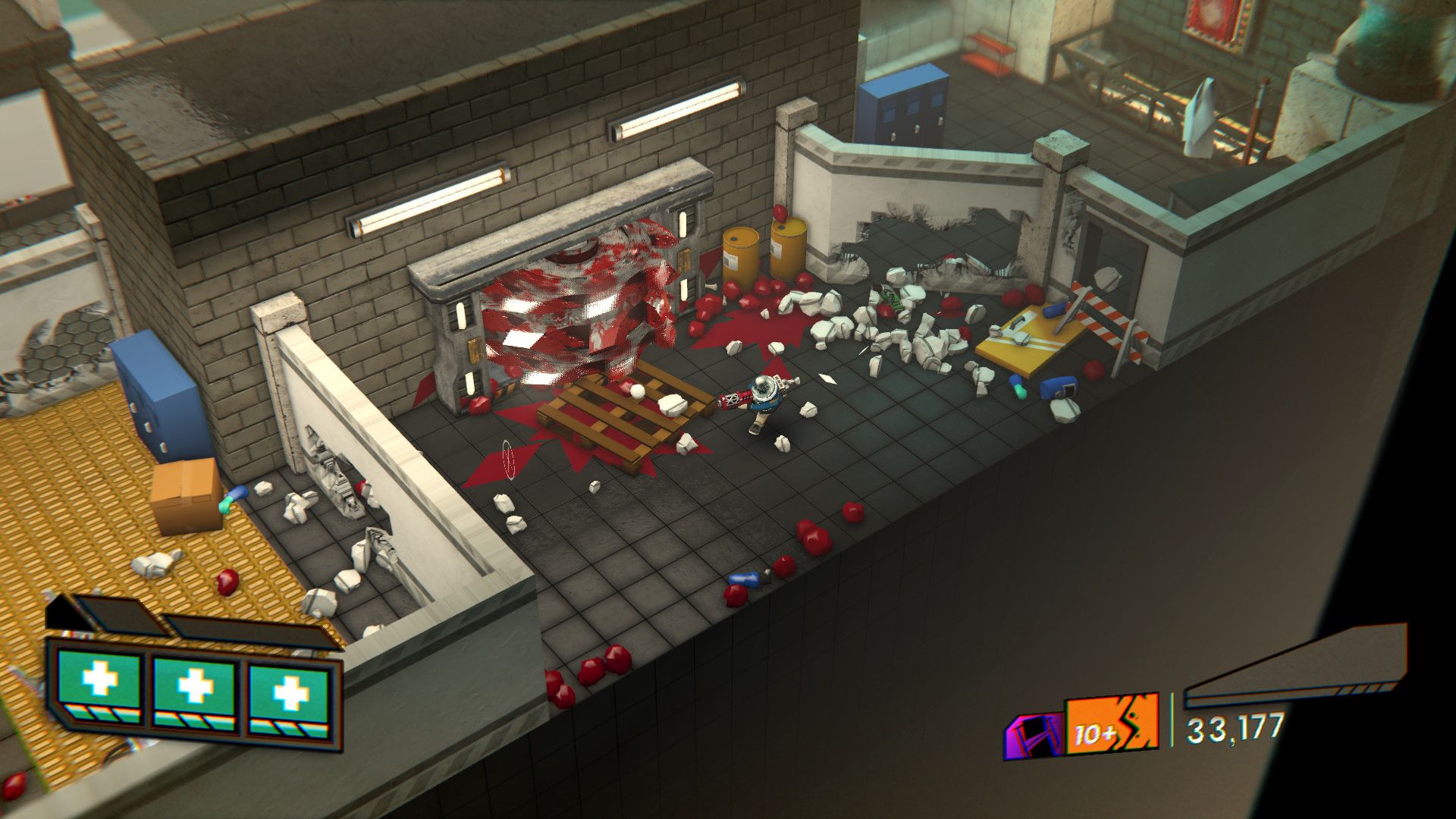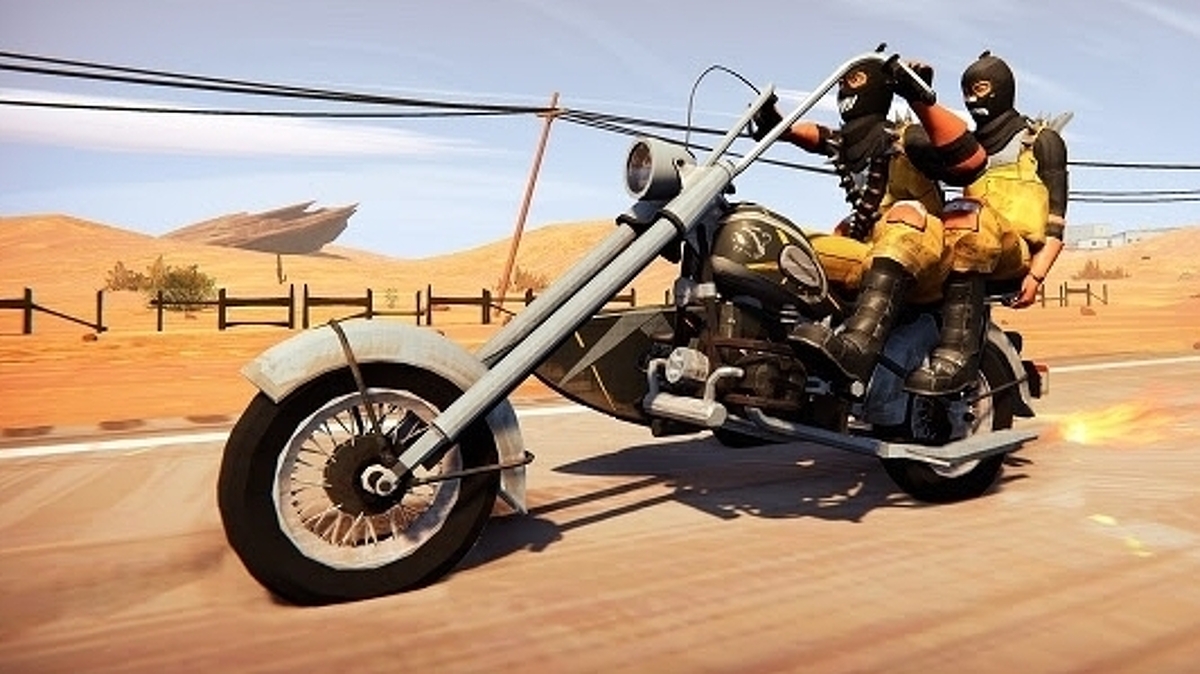
Not America, but Petria. Not now, but 1996, a world of cassette tapes to collect, and a place where a story of politics and the masses, and multiple moving parts, can unfold without the awkward intervention of social media. Highways and motels and fast-food joints and cable TV stars.
And yet, this imperfect world showed me at least one perfect place. Early on along life's journey, a desert campsite under the stars, hundreds and thousands of them, blown sugar scattering across the huge glowing sky. The landscape above seemed lit from within. Beneath, fires burning and campers herded up close. A path threading through the vans to a dancing man and a stack of cardboard. I slept for a bit and then went to join a fellow traveller sat on a perch overlooking the whole thing. We played the trombone and were then asked to move on. It was three in the morning, I guess.
A lovely place. I could have stayed there for hours. But that's the point of Road 96: it's a narrative game of scenes and encounters and conversations, but you're always moving. Petria in 1996 is home to an all but totalitarian regime perched on the edge of a fiery election. It's the kind of place where discourse has curdled and where teens are more likely to want to flee for the border – where there's a wall, obviously – than stick around to see what the next government offers. You play a series of those teens, one after the other, making their way to the wall and encountering people along the way as they hitchhike, walk, steal cars, save up for cabs. Each new teen takes you back to the start geographically, a long way from the crossing once more, but the clock keeps ticking. Eventually, you get your last teen to the border and it's election day, and since this is a narrative game like Life is Strange, filled with choices large and small, the outcome is based on the story you didn't always know you were putting together in those scenes and encounters and conversations, the particular recipe it turned out you were following.
